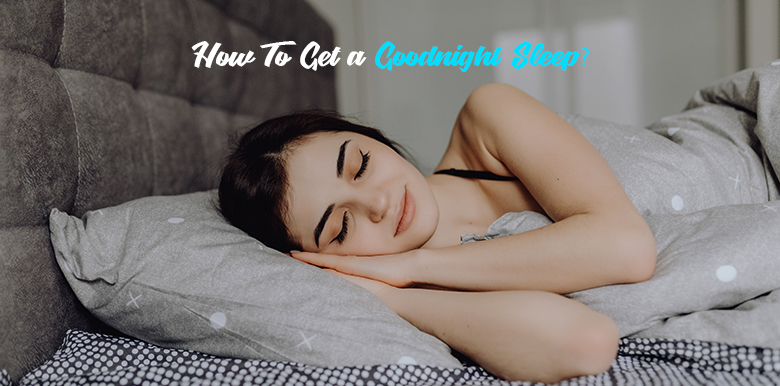All the factors that can interfere with your goodnight’s sleep such as from work stress to unexpected challenges, such as illnesses. It’s no wonder that quality sleep is sometimes had to get.
While you might not be able to control the factors that interfere with your sleep, you can adopt habits that encourage better sleep.
1. Stick to a sleep schedule
Set aside no more than eight hours for sleep. The recommended amount of sleep for a healthy adult is at least seven hours. Most people don’t need more than eight hours in bed to achieve this goal.
Go to bed and get up at the same time every day. Try to limit the difference in your sleep schedule on weeknights and weekends to no more than one hour. Being consistent reinforces your body’s sleep-wake cycle.
If you don’t fall asleep within about 20 minutes, leave your bedroom and do something relaxing. Read or listen to soothing music. Go back to bed when you’re tired. Repeat as needed.
2. Create a restful environment
Create a room that’s ideal for sleeping. Often, this means cool, dark and quiet. Exposure to light might make it more challenging to fall asleep. Avoid prolonged use of light-emitting screens just before bedtime. Consider using room-darkening shades, earplugs, a fan or other devices to create an environment that suits your needs.
Doing calming activities before bedtime, such as taking a bath or using relaxation techniques, might promote better sleep.
3. Include physical activity in your daily routine
Regular physical activity can promote better sleep. Avoid being active too close to bedtime, however.
Spending time outside every day might be helpful, too.
4. Limit daytime naps
Long daytime naps can interfere with nighttime sleep. If you choose to nap, limit yourself to up to 30 minutes and avoid doing so late in the day.
If you work nights, however, you might need to nap late in the day before work to help make up your sleep debt.
5. Pay attention to what you eat and drink
Don’t go to bed hungry or stuffed. In particular, avoid heavy or large meals within a couple of hours of bedtime. Your discomfort might keep you up.
Caffeine and alcohol deserve caution, too. The stimulating effects of nicotine and caffeine take hours to wear off and can wreak havoc on quality sleep. And even though alcohol might make you feel sleepy, it can disrupt sleep later in the night.
6. Power down
The soft blue glow from a cell phone, tablet, or digital clock on your bedside table may hurt your sleep.
7. Block your clock
Do you glance at it several times a night? That can make your mind race with thoughts about the day to come, which can keep you awake .
8. Evaluate your room
Design your sleep environment to establish the conditions you need for sleep. Your bedroom should be cool – between 60 and 67 degrees. Your bedroom should also be free from any noise that can disturb your sleep. Finally, your bedroom should be free from any light. Check your room for noises or other distractions. This includes a bed partner’s sleep disruptions such as snoring. Consider using blackout curtains, eye shades, ear plugs, “white noise” machines, humidifiers, fans and other devices.
9. Turn down tobacco
Nicotine is a stimulant, just like caffeine. Tobacco can keep you from falling asleep and make insomnia worse.
10. Free your mind
Put aside any work, touchy discussions, or complicated decisions 2 to 3 hours before bed. It takes time to turn off the “noise” of the day. If you’ve still got a lot on your mind, jot it down and let go for the night. Then, about an hour before you hit the sack, read something calming, meditate, listen to quiet music, or take a warm bath.
If you’re still having trouble sleeping, don’t hesitate to speak with your doctor or to find a sleep professional. You may also benefit from recording your sleep in a Sleep Diary to help you better evaluate common patterns or issues you may see with your sleep or sleeping habits.
